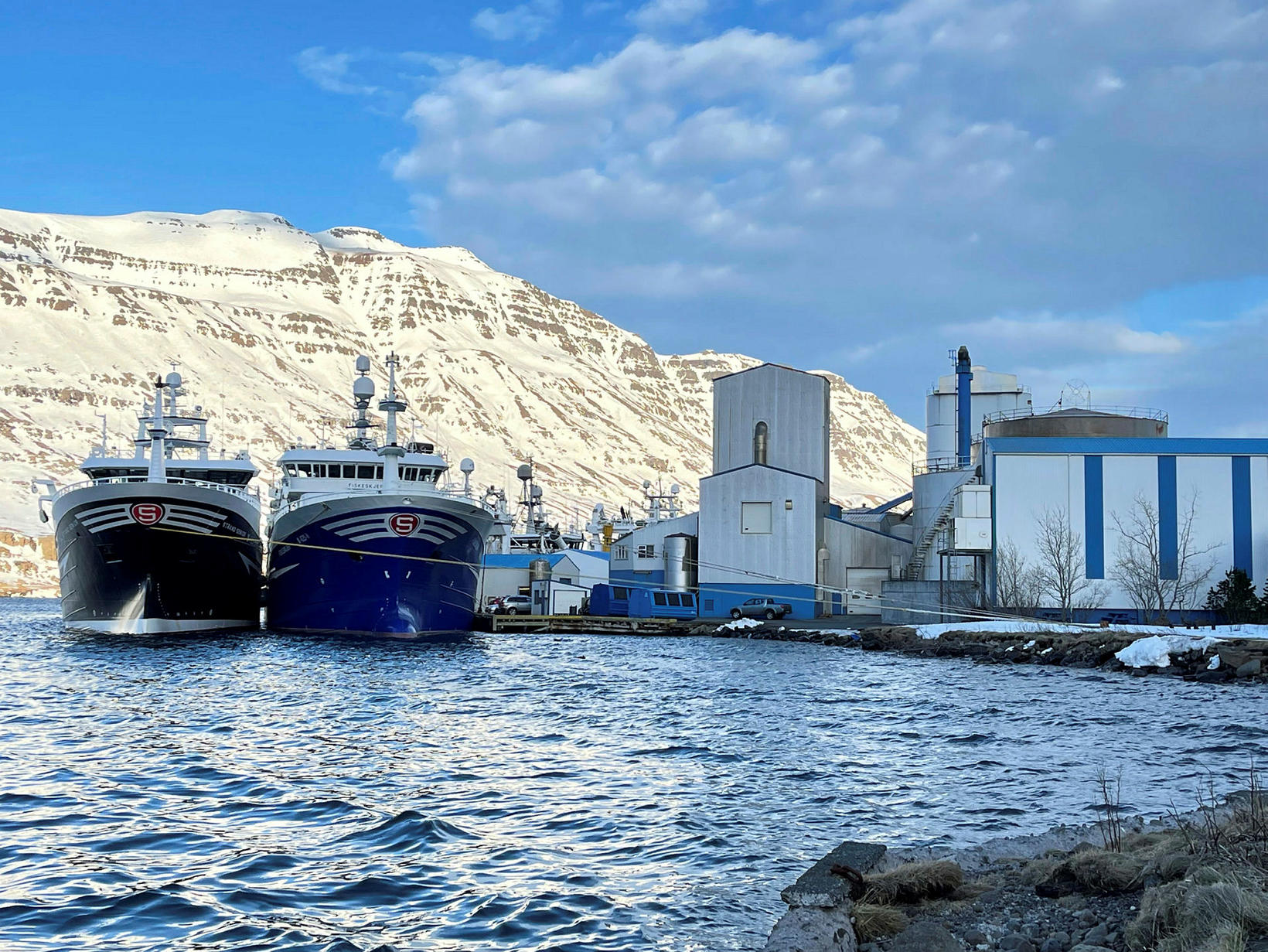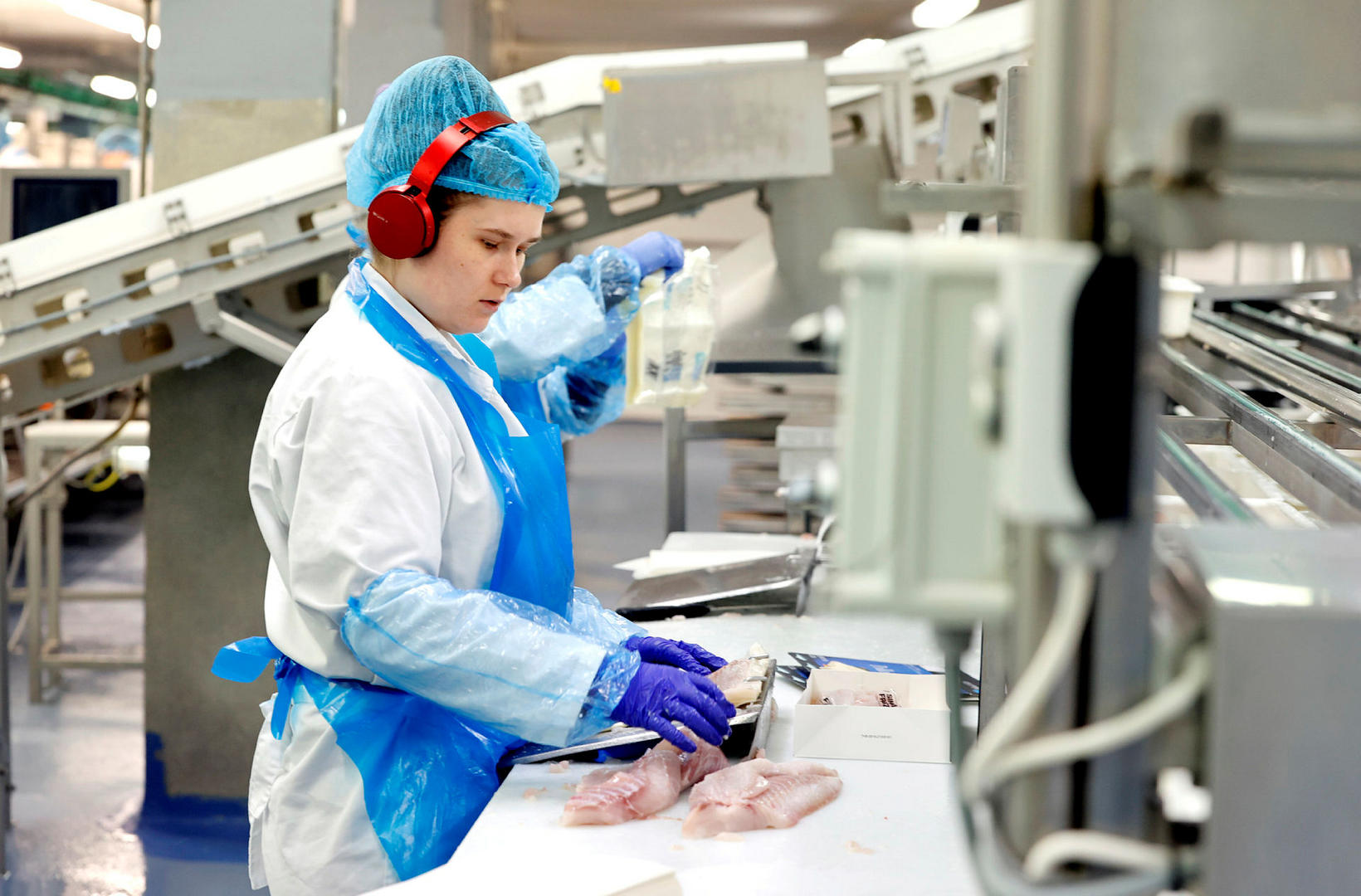Think the fishing industry is corrupt
The general attitude of the public towards the fishing industry in the country is rather negative at the moment. mbl.is/Pétur Kristjánsson
Most Icelanders are dissatisfied with the fisheries management system and consider the Icelandic fishing industry corrupt and create value for too few. Yet the decisive majority considers fishing as important for the country’s economy as it used to be, but nonetheless, the fisheries reforms hit the bottom of most people’s list when prioritizing policy changes.
This is among the results of a survey conducted by the Social Science Research Institute of the University of Iceland for the Ministry of Food on Icelanders’ attitudes towards fisheries issues.
Only 22.4% of the population in Iceland say they are very or rather satisfied with the fisheries management system but 56.6% of the population strongly or rather strongly disapproves of the system. In the capital regions of Iceland, most of the residents are “very dissatisfied“ with the system,” or rather unhappy with the system. Of the population in the Northwest, 14.9% reported that they were “very satisfied with the system,“ the highest proportion who responded that way in the country.
Icelanders are not happy with the fishing system in Iceland but at the same time think that the sitution of fishing in Iceland ranks high on the global scale. mbl.is/Eggert Jóhannesson
Interestingly, respondents who describe themselves as having little knowledge of fisheries say they are most unhappy with the system and 59,4% of them say they rather disagree or have a great problem with the fisheries management system. There is not as much dissatisfaction among those who said they have neither too much nor little knowledge, while 57,3% of those who said they disapprove and 53,4% of those who said they have too much knowledge.
77.8% of Icelanders believes that the situation of the Icelandic fishing industry is good globally, while 60.3% believe that the public debate about the fishing industry in Iceland is negative.
A very important industry
The survey was conducted by the Social Science Institute of the University of Iceland for the Ministry of Food and is intended to be used in the policy initiative Auðlindin. Our resource and resource is intended to provide clear indications of the public’s attitude towards the separate aspects of Icelandic fisheries management system. The survey’s respondents were 1,133 and the sample was stratified by gender, age and residence to reflect the nation’s composition a well as possible.
The number of factors were asked about, and results, which have been published on the website of the board of directors, indicate that a large part of the country’s population considers the industry corrupt. On a seven-point scale, with 1 being corrupt and 7 being honest, 36.7% of respondents say that the fishing industry is at 1 and more than 68% say the industry between 1 and 3.
Whether the fishing industry creates value for a few (1) or for most (7), 35% of participants answer 1 and 65% answer between 1 and 3.
58.3% say they agree or strongly agree that fishing is as important for Iceland’s economy as it used to be. The majority of the population of all regions and age groups agree on the importance of fishing, while in Reykjavík, 32.4% said they disagreed, which is the highest percentage of the population of all regions.
The health system is most important
When respondents were asked to rank six systems – health, fisheries, transportation, welfare, education and agricultural – according to where the most needed reforms are considered, the decisive majority (66.8%) answered: healthcare. Only 9.6% put the fishing industry first.
In second place, 8.4% put the fishing industry, 11.9% in third, 11.2% in fourth, 20.8% in fifth and 38.9% in sixth. All other cases were ranked higher than fisheries on average.



/frimg/1/58/37/1583777.jpg)





